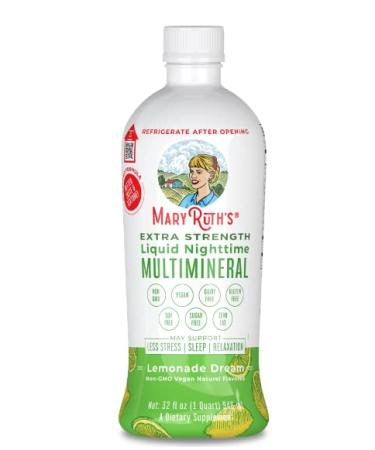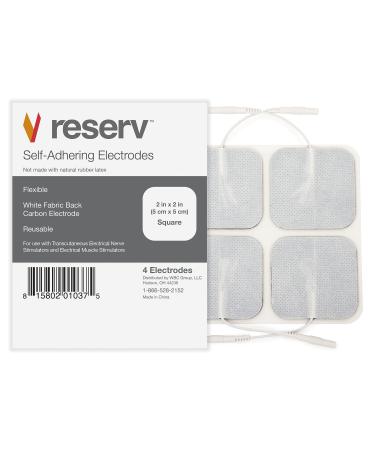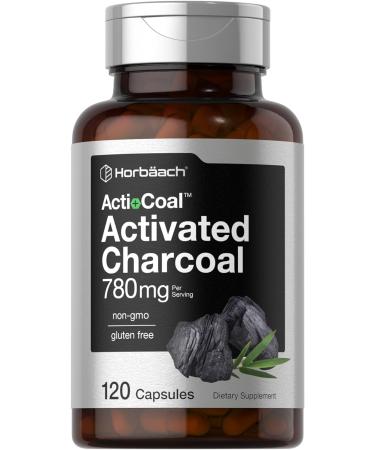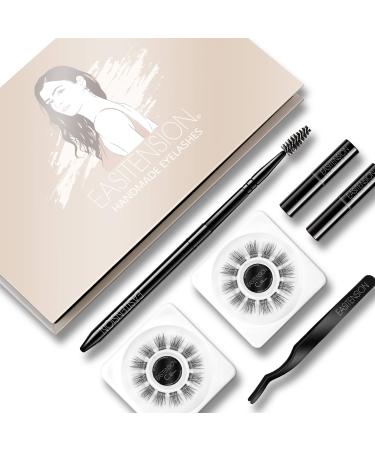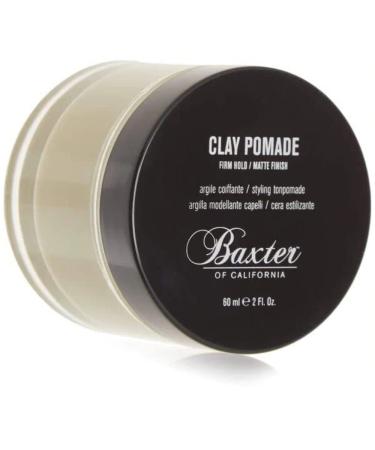Is it suitable for babies?
According to experts, bees may unknowingly take in botulism bacteria spores while collecting nectar to make honey.
This honey is safe for adults to consume. Neither the body's immune system nor the stomach's acidic environment allow this bacteria to cause harm. In babies, however, the immune system is not sufficiently developed, and the stomach is still only able to digest breast milk. Unlike adults, the beneficial bacteria that control botulism spores and prevent the bacteria from multiplying and producing toxins in babies' digestive systems have not yet developed.
This bacteria can cause a dangerous poisoning called botulism in babies. Affected babies may experience difficulty breathing and swallowing, and weakness in the arms, legs, and neck may occur, leading to very serious consequences.
While honey is harmless to children over one year old, doctors recommend against feeding it to babies under 12 months of age.
Is it suitable for children?
Genuine, real, and high-quality honey strengthens the immune system in children and babies. Containing many vital substances such as vitamins, minerals, amino acids, and enzymes, honey is indispensable for child nutrition because it facilitates digestion, stimulates appetite, and helps the body recover from developmental disorders.
Due to its high mineral content, honey contributes particularly to iron deficiency in children. The magnesium contained in honey prevents blood clots in the veins and protects against the negative effects of stress.
It helps children maintain their perception and concentration during school years. It's a high-capacity energy source. It provides healthy nourishment and energy for those who can't sit still, especially those who are obsessed with sweets. Considering how much children love sweets, and even their passion for them, honey's nutritional value makes it arguably the most beneficial and high-quality dessert children can consume.
It also helps prevent constipation in all age groups due to its effects on improving intestinal microflora.
It's a known fact that honey strengthens the immune system. Children, who constantly interact with each other, especially in schools and daycare centers, often get sick and contract germs from their friends. In environments with a high risk of infection, the most effective and healthy way to protect children from diseases, germs, and viruses is to keep their immune systems strong. Considering both its vitamin and mineral content and its antioxidant and antibacterial effects, honey is one of the most important foods for this purpose. It is also known to have a positive effect on the healing of wounds and inflammations, which are common in children.
Studies have shown that children who consume honey have better growth and development rates.
Mixing honey with milk and dairy products is one of the oldest known methods of protection against coughs and throat diseases. The sweetness of honey and the soothing properties of milk help you start the day feeling refreshed and feel full.
Using honey instead of sugar to sweeten milk is beneficial because it makes it easier for children to consume both honey and milk. It's a known fact that giving children milk with honey instead of milk alone helps prevent anemia and constipation and improves digestion.
Black CuminBenefits of Honey
Black cumin honey is a type of honey obtained from the nectar collected by bees in regions where the black cumin plant is cultivated. This special honey is produced when the black cumin flowers bloom and contains nectars from Ranunculaceae and Nigella. Here are some of the benefits of black cumin honey:
1. Immune System Support : Black cumin honey is important for the immune system and protects against illnesses like the flu by creating a strong mechanism during the cold winter months.
2. Heartburn and Heart Health : Regular consumption is beneficial for heartburn and heart conditions.
3. Fights Cancer : Thanks to the minerals, vitamins, and antioxidants it contains, it is effective against diseases such as cancer.
4. Hormone Balancer : It accelerates blood circulation, reduces hair loss, and relieves pain during menstrual periods.
Raw honey is natural honey offered for consumption as it comes from the hive it is unpasteurized and unfiltered. Pasteurization, that is, heating honey to high temperatures, is not actually a necessary process for honey. It is used to prevent crystallization. However, crystallization is natural and does not need to be prevented.
Pasteurization causes a decrease in some enzymes and valuable phenolic and flavonoid components in honey filtration, on the other hand, causes a decrease in pollen content.
Because our honey is not pasteurized or filtered, its nutritional content is preserved in its natural state. Raw honey exhibits antibacterial activity in this form.
One point should be emphasized. Because raw honey is not heated to high temperatures and its pollen is not filtered, crystallization can occur naturally. Crystallization of honey is a completely natural phenomenon. There is no harm in consuming crystallized honey.
Since there is no problem with the nectar flow, no additional feeding is required. Only enough honey remains to harvest nectar in December and January. Therefore, there is no need to feed it to maintain its energy throughout the winter.



